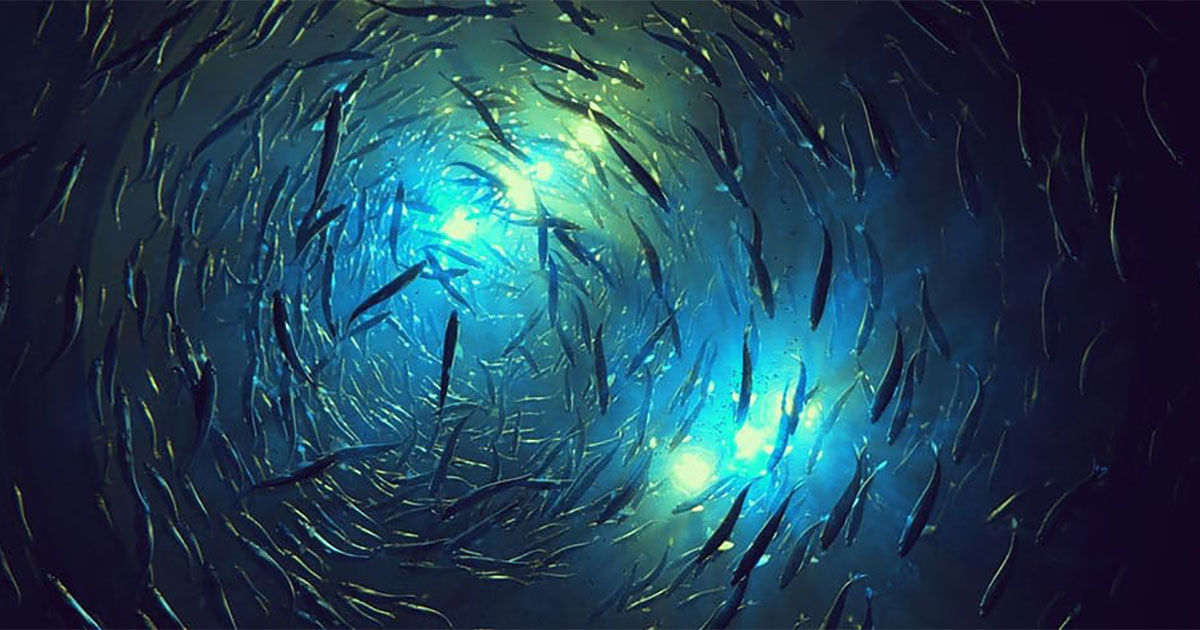Alumichem is proud to collaborate closely with the aquaculture industry, where wastewater treatment plays a pivotal role in ensuring both sustainability and success. Their experience in water treatment has illuminated the significance of harmonizing chemistry and technology in this process, with transformative benefits for your aquaculture operations.
Recirculating aquaculture systems (RAS) offer exceptional potential for high-quality seafood production with minimal environmental impact. However, the substantial wastewater generated by these systems can pose risks if not managed effectively. By synergizing chemistry and technology in wastewater treatment, you can overcome this challenge and unlock numerous advantages for your aquaculture business.
Mastering Chemistry in Aquaculture Wastewater Treatment
Consider the chemistry dimension of wastewater treatment. Aquaculture wastewater contains organic compounds, suspended solids, nutrients, and potential pollutants. Successfully addressing these contaminants demands a profound grasp of chemical processes and the application of appropriate treatment agents.
Central to this process are coagulants and flocculants. They play an essential role in removing suspended solids, organic matter, nutrients, and pathogens. This ensures a cleaner, safer water environment, aiding in achieving your Environmental Discharge goals (figure 1 and figure 2). One such powerful coagulant is Poly Aluminum Chloride (AluPAC), which effectively eliminates suspended particles and precipitates phosphorus. When combined with the right flocculant, or polymer, it enhances flocculation, improving solid/liquid separation.
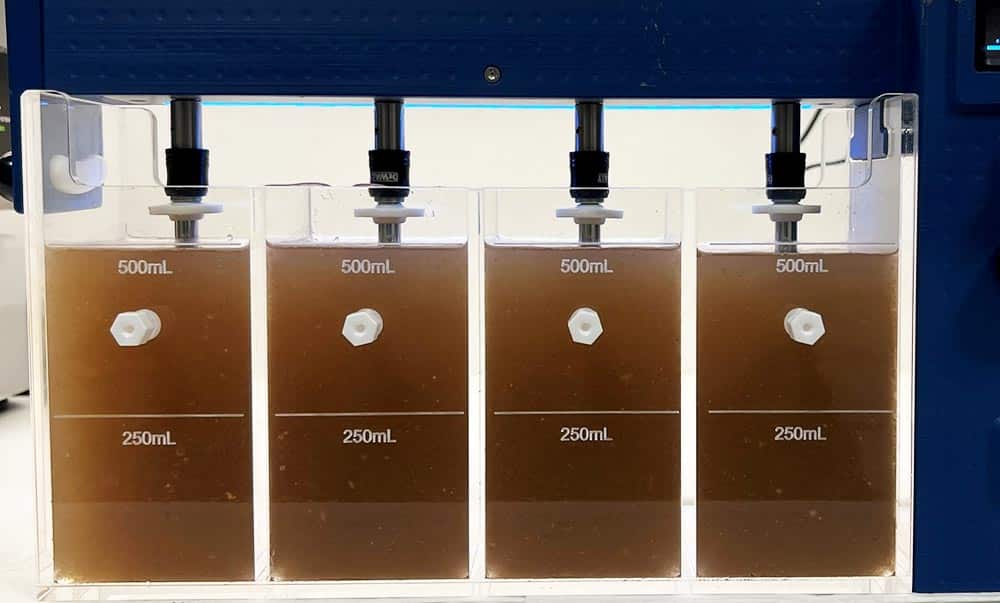 Fig 1 No Coagulants or Flocculants. (Image credit: Alumichem)
Fig 1 No Coagulants or Flocculants. (Image credit: Alumichem)
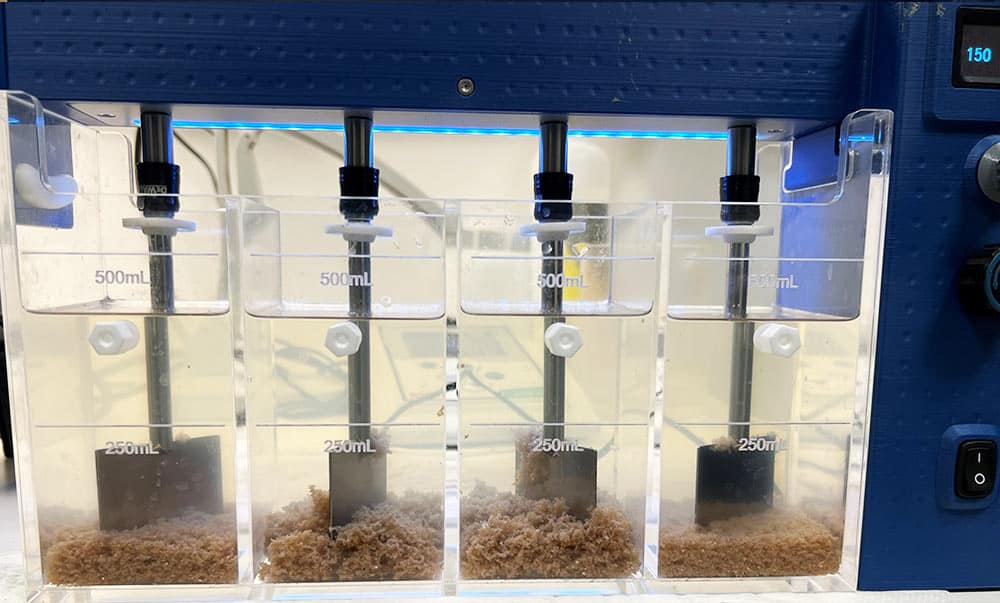 Fig 2 AluPAC and Flocculant applied. (Image credit: Alumichem)
Fig 2 AluPAC and Flocculant applied. (Image credit: Alumichem)
Alumichem’s experience underscores the pivotal role of the correct balance of treatment agents in achieving optimal wastewater treatment results (figure 3). Collaborating with water treatment specialists is essential, as they can analyze your specific wastewater composition and recommend suitable agents and dosing strategies. This tailored approach maximizes treatment efficiency while minimizing costs and potential harm to the aquatic ecosystem. Understanding how water characteristics like pH, ionic charge, alkalinity, salinity, and temperature impact treatment effectiveness is crucial.
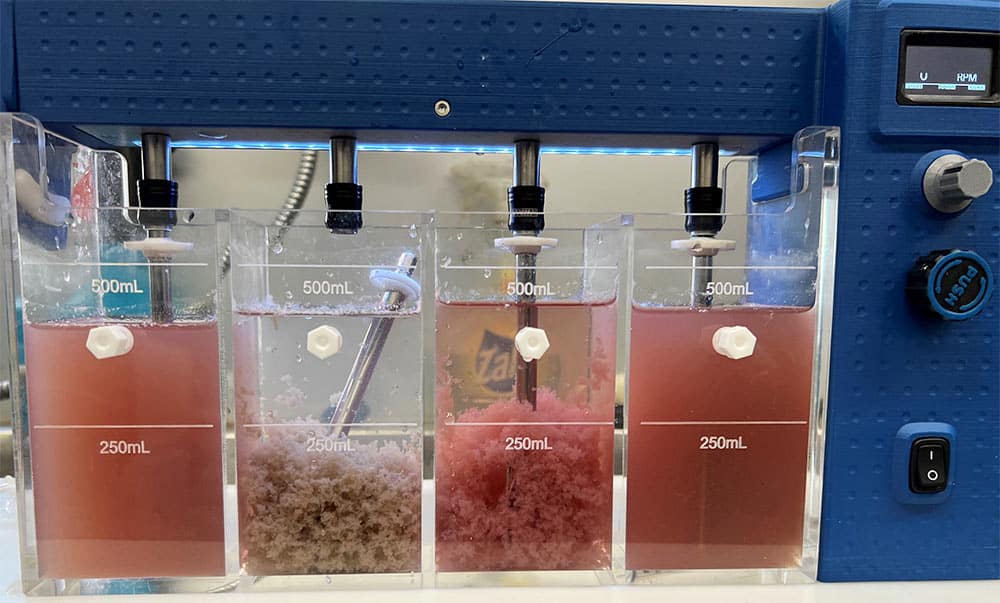 Fig 3 Treatment agent dosage and choice impact. (Image credit: Alumichem)
Fig 3 Treatment agent dosage and choice impact. (Image credit: Alumichem)
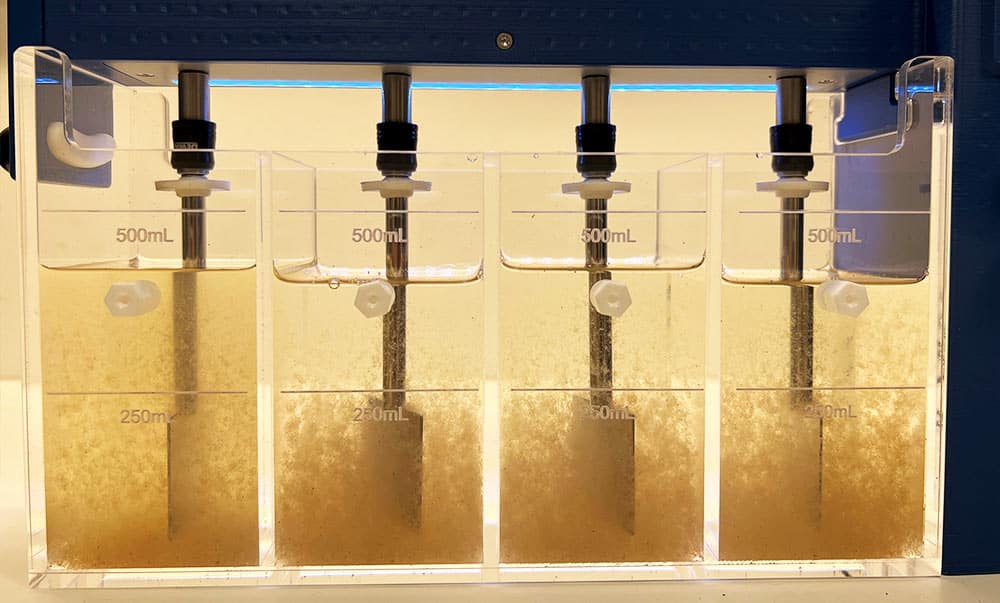 (Image credit: Alumichem)
(Image credit: Alumichem)
Technological Integration for Enhanced Aquaculture Sustainability
Shifting focus to the technological aspect, the aquaculture sector has witnessed remarkable technological strides. These include efficient filtration systems, advanced monitoring, control mechanisms, and dewatering equipment. Integrating these innovations into your wastewater treatment processes can enhance operational efficiency, lower water usage, and bolster environmental sustainability.
Implementing advanced monitoring and control systems facilitates real-time data collection and analysis. By closely tracking parameters such as salinity, temperature, pH levels, and suspended solids, deviations can be swiftly detected and addressed. This ensures prompt corrective measures, reducing risks to your aquaculture system and promoting optimal conditions for fish health and growth.
Furthermore, evaluating and comprehending the available dewatering technologies can streamline your wastewater treatment, minimizing labor needs, and ensuring continuous operation. These technologies offer enhanced efficiency in extracting water from sludge, leading to cost savings and sustainable waste management practices.
Summary
In summary, the harmonious interplay of chemistry and technology is paramount in aquaculture wastewater treatment. Understanding and addressing the chemistry, along with integrating cutting-edge technologies, can optimize results, minimize environmental impact, and ensure the long-term prosperity of your aquaculture business. Finally, make sure you pick the right partner so that when things go wrong, you know that you will get the support you need.
Empowering Aquaculture Sustainability: Tailored Water Treatment Solutions from Alumichem
Alumichem is committed to supporting the aquaculture industry with our expertise in water treatment solutions. A team of specialists can help you optimize your wastewater treatment processes, ensuring compliance with environmental regulations and promoting the long-term viability of your aquaculture business. Alumichem offers a range of high-quality coagulants, flocculants, and other water treatment chemicals along with engineering expertise to specifically tailor the wastewater treatment plant solution to the needs of your system.
If you’re interested in learning more about our water treatment solutions or would like to discuss your specific wastewater treatment needs, feel free to reach out to Alumichem’s team. Build a sustainable future for the recirculating aquaculture industry through the power of balanced chemistry and technology.
Read more about our solutions for aquaculture wastewater treatment: https://alumichem.com/applications/aquaculture-sludge-treatment/


